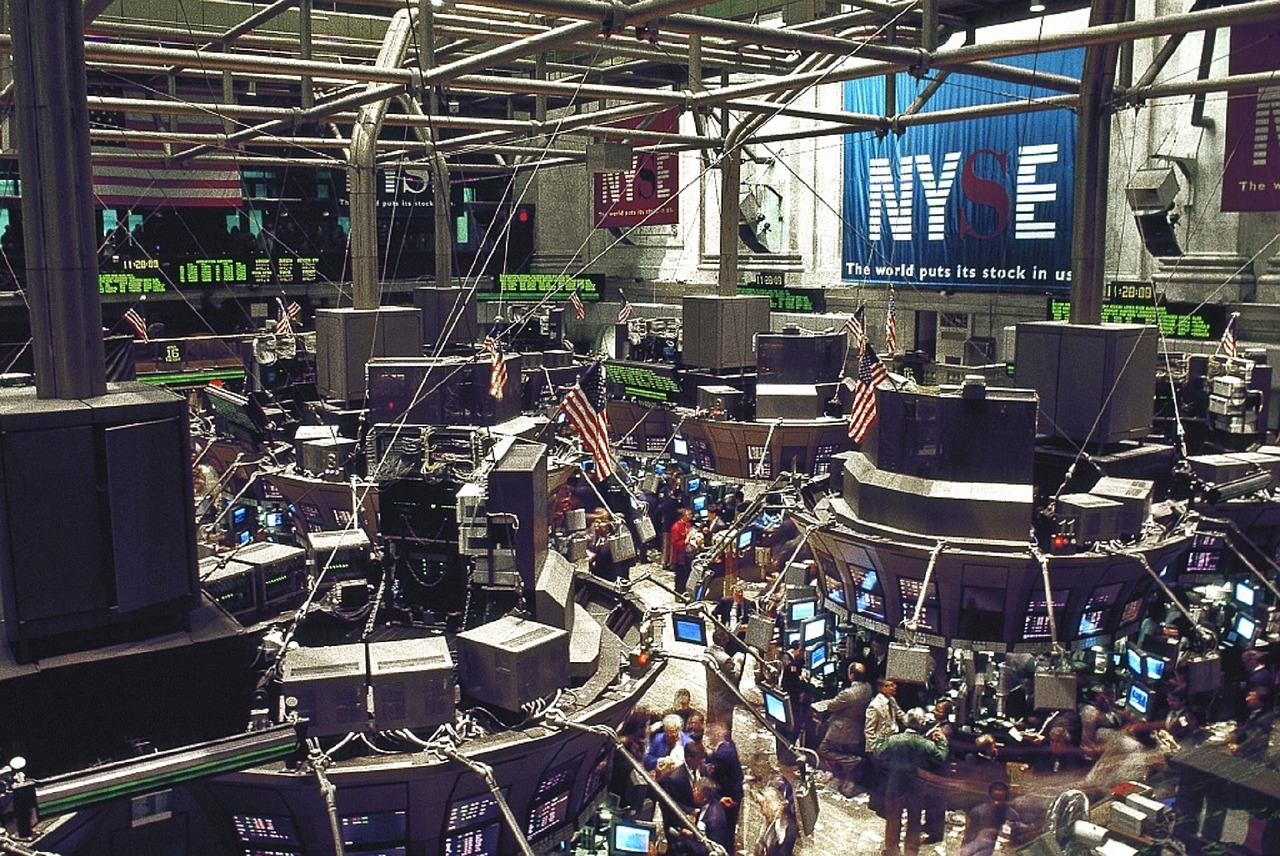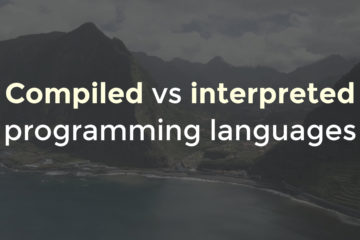It’s not once I’ve reiterated that predictions are a loser’s game. I don’t expect this to be any different here. I’ve pondered on this opinion piece for more than two months. It’s by far the one I’ve struggled the most to express clearly in words. The idea I want to convey here is a different type of ownership that’s beyond just the rules of law. Please read it in its entirety, as it’s meant to make a cohesive argument. This is my own opinion, you can completely disagree and could be absolutely right.
Some time ago I encountered one of those infographics that circle around Linkedin every once in a while:
![]()
Uber The largest taxi company owns no vehicles
![]()
Airbnb The largest accommodation provider owns no real estate
![]()
Facebook The most popular media creates no content
![]()
Netflix The largest growing television network, lays no cables
![]()
Instagram The most valuable photo company, sells no cameras
![]()
Spotify The largest music streaming service doesn't own the music
The Platform Business Model

If taken at face value, an argument against each line can be made, but in a nutshell they are correct. Facebook is not a news agency, yet it faces the consequences of such – fake news, censorship, etc. How often have you heard the statement “Uber for X“? In the IT sector, it has become synonymous for what is known as the Platform Business Model. You create the venue, making it attractive enough to gather interest and hope the network effect to kick in and ride the wave. In its essence, it’s what a marketplace is, but the medium traded has changed from physical goods, imagine a flea market, to services – driving (Uber), renting (Airbnb), etc. Where the venue is not one physical place, but an app. A more old-fashioned example is Stock Exchanges. They don’t own the shares that are traded on them. They just vet the company and allow them to be listed, majority of the paperwork is done by the investment banks in the IPO process. To trade shares on them, you had to be physically present, eg. the trading pit (image above) and the hand signs to place stock orders, but as everything went electronic, you don’t have to be in New York, to trade on the New York Stock Exchange. Today’s business model, just skipped the physical presence aspect.
Everything now, Immediately

I stumbled upon a Forbes post that Microsoft is discussing the next year’s Xbox console to be discless. It would mark turning the console into a Netflix-like player for games. Microsoft already offers the subscription model to hundreds of games – Xbox Game Pass. It’s a great value for money, but there’s something different here – with the platform subscription approach, you are essentially locked into the binary choice of everything or nothing. You no longer own your games on a CD, which you can play at a friend’s house. I play no more than 2-3 games in total per year, I don’t really need a subscription to a library of 500+ games nor do I need to play them on release date and pay full price. Majority of my game collection is old second hand games. Yes, as of right now, you can buy individual games digitally, without the subscription, but the trend is clear. EA Access, the Electronic Arts’ subscription equivalent, reaffirms where the future is. Don’t get me wrong, the always-on on-demand economy is great. With such a low entry point, Spotify and Netflix, alone almost completely eradicated pirating of music and movies on a global scale.
How is it Different Today
One can easily compare the current paradigm shift with switching from VHS to CDs. Sure, but you still owned the physical artifact, it was just a different form, thus you kept control. No doubt, the business strategy is not new, the earliest business example I know of is Gillette – create a product that people need to replace constantly after locking them in with the handle. The most popular example is probably printers. Make the printer cheap, the ink expensive and completely unusable if you run out of yellow ink. The same with coffee makers – make the coffee maker cheap, but the proprietary coffee pods expensive. At this point, majority of people are familiar with this approach – low entry cost, high switching cost. If you like reading on this kind of things – you can start with Porter’s 5 Forces.
Another interesting article, I discovered a few weeks back, was that there’s somewhat an expectation of electric vehicles manufacturers to allow for remote control by police in the future. Which would allow the car to be remotely driven to a police precinct, while the driver is inside the car and override his controls. This is intended against theft, which sounds great. However, this raises the question, would you truly own your car then, if at any point, there’s always someone else who can control it at any time. It’s like having a computer, but you don’t have admin access. I don’t mean owning as in property, but as in master control.
Welcome to the 21st Century cloud-based economy slogan – “Welcome to your new house, where someone else decides the furniture layout and color of the walls and either can change at any time.” Truth is, you are actually always just a tenant, never an owner. People like to own things, a perfect example are eBooks. Until they became mainstream, nobody was actually missing the smell of a new book and holding it in their hands. It conveyed something more, you owned it. You could use it as a leg for a bed, a desk monitor raiser, lend it to a friend, gift it to a library, it is your choice. People like physicality, as it’s easier to associate a memory with an object, just like we do with a smell or a song and we get transported back in time mentally.
I do remember Steve Jobs agreed with this view. In an interview in 2007 I vividly remember, he believed people liked to own their music, rather than rent it. I couldn’t find a video recording, but he went on about vinyl and why it’s coming back as a medium, etc. It was 8 years later that we got Apple Music, which was a 180 degree turn. Let’s not mix the two – one is belief, while the other is just good business. It’s almost the end of 2018 and we see how Apple is slowly turning into a services company and is diversifying away from manufacturing physical devices. Netflix, the most prominent platform business model success story, ironically, realized that if you don’t own it, you are not in control. That’s why it started creating original content rather than just rely on licensing and now produces more content than HBO.
Why is Open Source Thriving
Nowadays, open source is taking over the world, it’s the been talked about for ages. But this time, it’s for real. Large open source projects on GitHub like TypeScript & Kubernetes have shown open source is ready for prime time. Companies had to embrace it, as it’s faster and cheaper than building in-house and you can’t risk falling behind. This only applies to essential non-edge providing technologies. The other thing is ownership. A lot of companies wouldn’t take on proprietary technologies, because if something broke, you are not in control of fixing it on the moment and this, can make or break a business. So they would reinvent the wheel, something known as the Not-Invented-Here (NIH) syndrome, and settle with a sub-par implementation, just to be in control, if something breaks.
I do acknowledge, all the examples above are digital. Today, everything is becoming “smart” – from speakers to microwaves. If Amazon decide to disable remotely your smart Alexa-connected microwave, do you truly own it? Digital content is never unique. It’s a sequence of 0s and 1s and can be duplicated. It’s what makes technology so cost efficient. That’s where blockchain came in storming, with the concept of ensuring rights to those digital number sequences. It might not have solved all it was set out to do, but it certainly brought more awareness of the concept of ownership beyond traditional paperwork.
Conclusion
We are far from a future where nobody owns anything, which is borderline science fiction, but the trend where we actually own as fewer things and are going toward permanent renting of everything is definitely here. At a first glace our ownershipless future is not necessarily bad, there’s just something unsettling about it, but I just can’t put my finger on it.



0 Comments